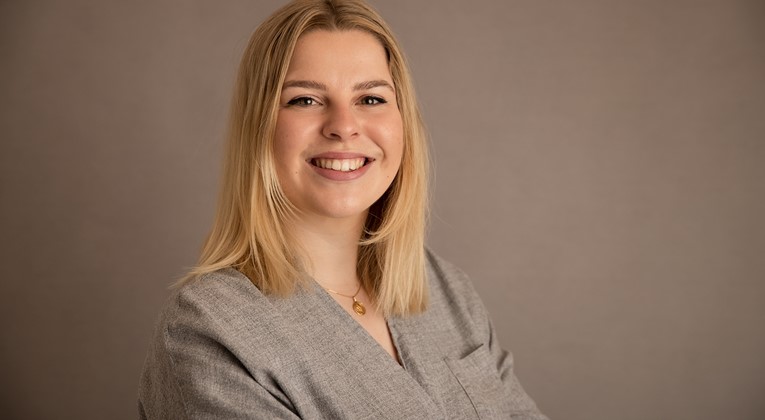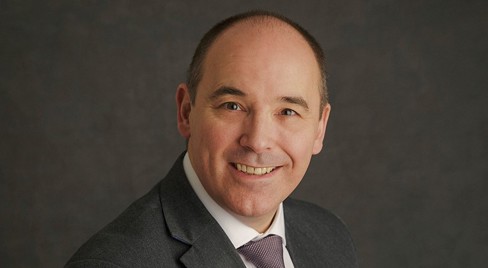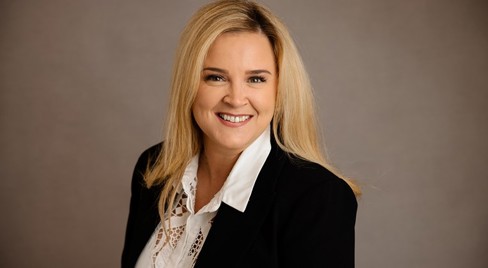Understanding how R&D tax credits interact with corporate profits and losses can save UK businesses a serious chunk of cash. But there's often confusion around one key question: can you carry back an R&D tax credit?
The short answer is "not directly" – but things aren’t that simple. There are creative ways to use losses generated by R&D activity to get tax relief from earlier years.
Can You Carry Back R&D Tax Credits? The Short Answer
Technically, you cannot carry back the R&D tax credit itself. HMRC does not allow the actual credit, especially the cash portion, to be applied to previous tax years.
However, you can carry back the losses that arise because of your R&D expenditure. This is only the case for loss-making SMEs claiming through the SME scheme, or R&D-intensive loss-making SMEs claiming through the ERIS scheme.
Under the RDEC and Merged schemes, the credit can only be used to offset any tax liabilities, surrender to a group company, or received as a cash credit.
How Carry Back Works for Losses
If your company made a loss during the year, you can:
- Carry it forward to offset future profits
- Surrender it for a cash credit
- Carry it back to offset profits from the previous year, thereby reducing your corporation tax bill and possibly triggering a refund.
So, while the R&D tax credit doesn’t go backwards, the losses that created it can. This distinction is vital when planning your tax strategy.
Loss-Making Companies and R&D Credits
For small and medium-sized enterprises (SMEs), one of the most attractive parts of the R&D tax relief scheme is the cash credit option. If your company is loss-making, you don’t have to sit on those losses and wait for future profits. Instead, you can choose to surrender those losses to HMRC in exchange for a cash payment. This is often a lifeline for early-stage startups burning through cash while developing their products.
This is particularly helpful for companies not expecting profits for several years. The ability to receive immediate cash instead of a future tax reduction helps with cash flow and funding further development.
However, it’s a trade-off: short-term gain vs. long-term tax strategy. Any losses you surrender for a tax credit cannot be used against any future profits. That’s why it’s important to consider your immediate profitability when claiming any tax benefits properly. A skilled tax advisor can run scenarios and help you make the right choice for your financial health.
Using R&D Losses to Offset Past Profits
If your company had a profitable year followed by a year with heavy R&D losses, you can offset those losses against last year’s profits. This can result in a refund of the corporation tax paid in the previous year.
Example:
- Your company made a £200,000 profit in 2023 and paid £38,000 in corporation tax (assuming 19% rate).
- In 2024, you spent £150,000 on R&D and had no other income – so you made a loss.
- You carry that £150,000 loss back to 2023.
- HMRC recalculates your 2023 profits: £200,000 - £150,000 = £50,000 taxable profit.
- Your revised tax bill becomes £9,500, and you receive a refund of £28,500.
Again, this only works if you had taxable profits in the previous year.
Also, note that you can only carry losses back one year, and the claim must be submitted within the two-year window of the loss-making period.
What’s the deadline for carrying back losses?
The mechanics of actually claiming the relief can vary. If you’re in time to amend the prior year’s return, the adjustment can be made through your online CT600 filing.
If the window has closed, you can submit an overpayment relief claim to HMRC. This requires:
- A written claim (not via the CT600)
- Evidence showing the loss and the original tax paid
- Submission within four years of the end of the relevant accounting period
It’s crucial to stay within these time limits. HMRC will not accept late claims unless you have exceptional circumstances.
Optimising Claims for Maximum Benefit
Every company’s situation is different, and a one-size-fits-all approach doesn’t work with R&D tax credits. One of the smartest things you can do is run multiple scenarios to determine the most tax-efficient way to use your R&D expenditure.
This kind of forecasting can significantly impact your funding strategy and your cash flow. Startups seeking investment might favour immediate cash returns, while established companies may benefit more from tax planning over a longer horizon.
Carry Forward vs. Carry Back
Carrying forward losses preserves their value for when your business becomes profitable – but that could take years. Carrying back gives you quick cash, but it may not always be available, especially if the previous year was also loss-making.
Fortunately, you are able to blend strategies based on your financial position, projected profits, and funding needs. This means that you could carry back some of your losses for the previous period, surrender another portion for a cash credit and carry some forward.
Not sure what the best option is? Get in touch!
The team at Tax Cloud is always happy to help. Our Corporation Tax experts have seen all kinds of claims treated in all manners.
If you want to chat about your options, or even just check you haven’t missed anything with HMRC’s ever-changing guidelines, get in touch with our team.







